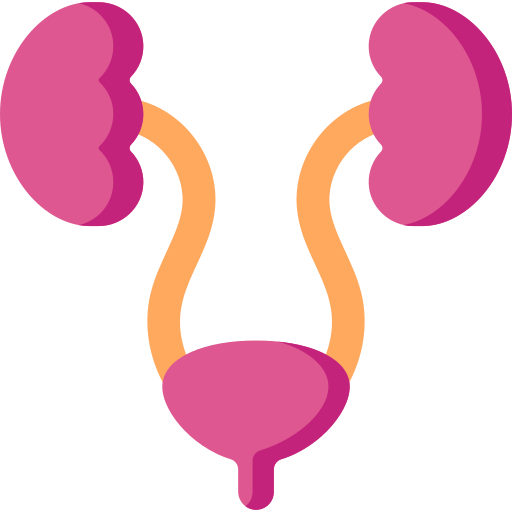When it comes to matters of the urinary tract and male reproductive system, urologists are the specialists to turn to. Their expertise encompasses a wide range of conditions, from common urinary issues to complex reproductive disorders. In this article, we'll delve into the diverse array of conditions that urologists treat, shedding light on the breadth of their specialty and the vital role they play in healthcare.
Urinary Tract Infections (UTIs):
Urinary tract infections are among the most common conditions treated by urologists. These infections can affect any part of the urinary system, including the bladder, kidneys, ureters, and urethra. Urologists diagnose UTIs through various tests and prescribe appropriate antibiotics to clear the infection.
Kidney Stones:
Kidney stones are solid deposits of minerals and salts that form inside the kidneys or urinary tract. Urologists specialize in diagnosing and treating kidney stones, employing techniques such as lithotripsy (shock wave therapy), ureteroscopy, and surgical removal to manage these painful stones.
Benign Prostatic Hyperplasia (BPH):
BPH is a common condition in older men characterized by an enlarged prostate gland. Urologists help manage BPH symptoms, which can include urinary frequency, urgency, weak urine flow, and difficulty urinating. Treatment options range from medications to minimally invasive procedures like transurethral resection of the prostate (TURP) or laser therapy.
Prostate Cancer:
Prostate cancer is one of the most prevalent cancers among men. Urologists play a central role in diagnosing and treating prostate cancer, utilizing techniques such as prostate-specific antigen (PSA) testing, biopsies, surgery, radiation therapy, and hormone therapy to manage the disease.
Erectile Dysfunction (ED):
Erectile dysfunction, or impotence, is a common condition characterized by the inability to achieve or maintain an erection sufficient for sexual activity. Urologists evaluate the underlying causes of ED, which can range from physical factors like vascular disease to psychological issues, and offer treatment options such as medications, vacuum erection devices, penile implants, or counseling.
Urinary Incontinence:
Urinary incontinence refers to the involuntary loss of urine, which can be a source of embarrassment and frustration for affected individuals. Urologists assess the underlying causes of urinary incontinence, which may include bladder dysfunction, pelvic floor weakness, or nerve damage, and provide tailored treatment plans, including medications, behavioral therapies, and surgical interventions.
Male Infertility:
Urologists specialize in diagnosing and treating male infertility, which can stem from various factors such as sperm production disorders, obstructive abnormalities, or hormonal imbalances. They offer fertility evaluations, semen analysis, and advanced reproductive techniques such as in vitro fertilization (IVF), intracytoplasmic sperm injection (ICSI), and sperm retrieval procedures.
Conclusion:
The scope of conditions treated by urologists is vast and encompasses a wide range of urinary and reproductive disorders affecting both men and women. From common ailments like UTIs and kidney stones to complex conditions such as prostate cancer and male infertility, urologists provide comprehensive care and innovative treatments to improve patients' quality of life. If you're experiencing any urological symptoms or concerns, don't hesitate to consult a urologist for expert evaluation and personalized care. Your urological health is too important to overlook.





Comments